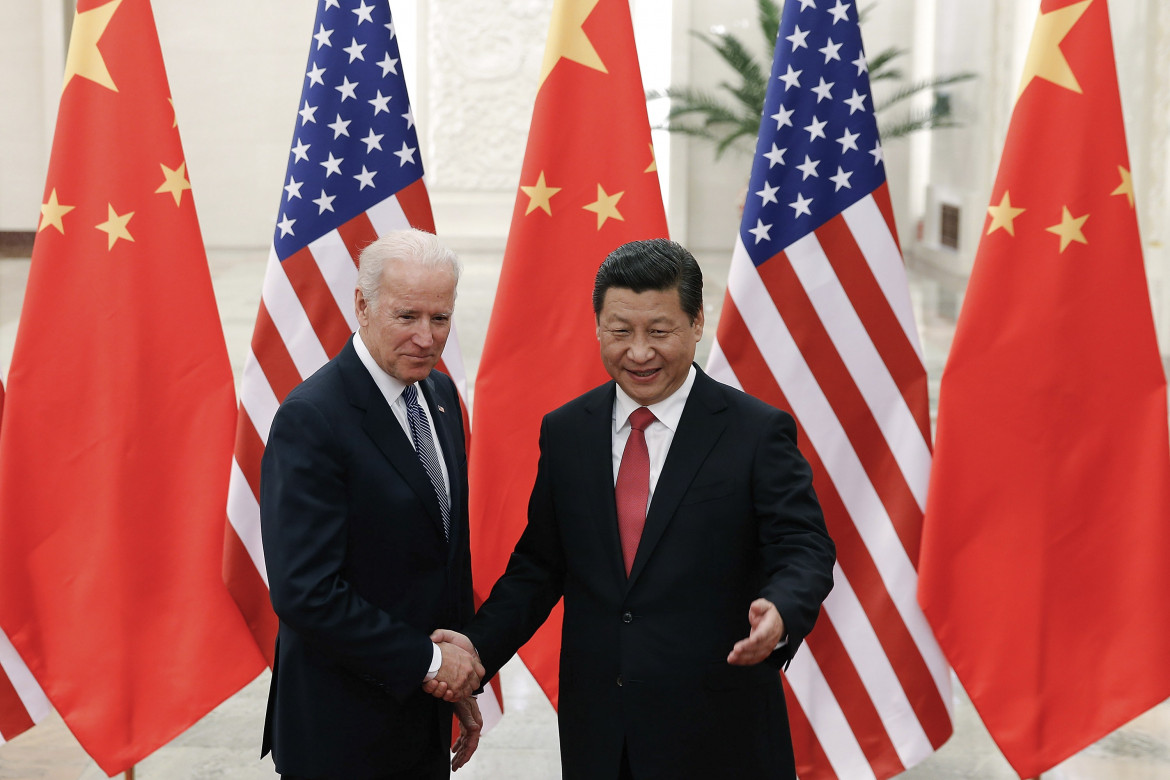Analysis
Beijing remains silent, but cautious optimism is circulating
Beijing believes the new American president will follow Obama's line: tough on rights but more inclined to dialogue on economic issues.

Nearly a week after the result of the American presidential elections has been known, China remains among the very few countries that have not yet offered Biden the customary congratulations.
“We understand that the election result will be determined according to U.S. law and procedures,” explained the Chinese Foreign Ministry, alluding to Trump’s legal battle to contest the vote. On the other hand, in the 70 days before the official inauguration of the president-elect, anything could still happen. Especially knowing the mood swings of The Donald.
But the Chinese silence suggests low expectations towards “Sleepy Joe,” who has been visiting the Asian country regularly since ‘79, first as senator, then as vice president at the time of Obama’s “Pivot to Asia” in 2011, which brought the U.S. back to the region after ten years of war against Islamic terrorism. Beijing knows this well: a new tenant in the White House will not change the course of things. China bears the label of “strategic rival,” with bipartisan consensus.
But the victory of an “old school” president is likely to sanction a return by Washington to international forums, creating new opportunities for dialogue after four years of trade war, various economic sanctions, military provocations in the Chinese Sea and the threat of a “technological decoupling.”
According to the semi-official press, the change in the Oval Office will give some “breathing space.” This is something Biden explained some time ago on Foreign Affairs, announcing zero tolerance for “abusive behavior and human rights violations,” but opening up to cooperation on issues of converging interests, such as “climate change, nuclear non-proliferation and global health security.”
Translated from words to action, while the door will remain closed on Hong Kong and Xinjiang, a reopening of trade negotiations cannot be ruled out, something strongly desired both by American companies (the real victims of the tariffs on Made in China products) and by Beijing, unable to meet the terms agreed before COVID paralyzed the world economy. And that’s not all. As anticipated, a return of Washington to the Paris and WHO agreements would facilitate a normalization of the bilateral relations cultivated behind the scenes by the scientific community.
But the U.S. taking up a new role as protagonist in international organizations presents just as many critical issues.
In his platform, Biden aspires to “renew U.S. democracy and alliances, protect the United States’ economic future, and once more have America lead the world.” In other words, he aims to prevent his country from being overtaken by the world’s second largest economy. In Asia, the Trump administration has acted like a bull in a china shop, alternating commercial threats and demands for “exclusivity” in bilateral relations with the opportunistic courtship of Taiwan and the countries with which Beijing has opened territorial disputes. Now, from Tokyo to Jakarta, Washington will have to regain its lost credibility. “Sleepy Joe” will have to face this arduous task.
Originally published at https://ilmanifesto.it/pechino-resta-in-silenzio-ma-circola-cauto-ottimismo/ on 2020-11-11
